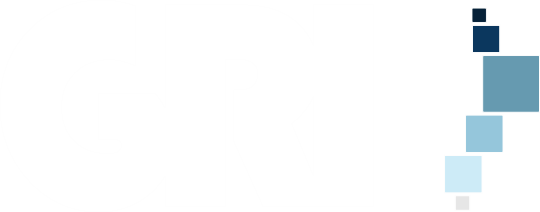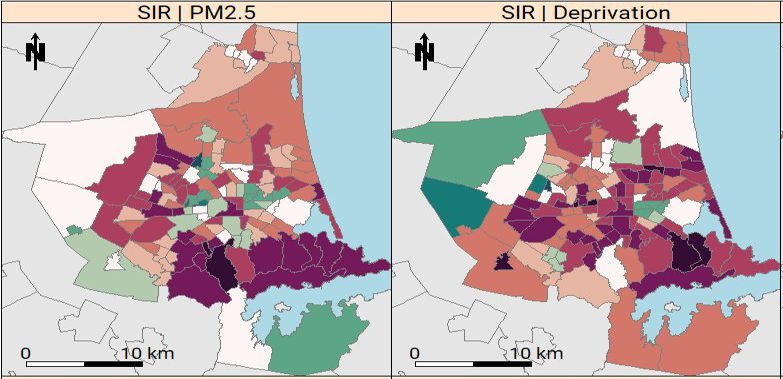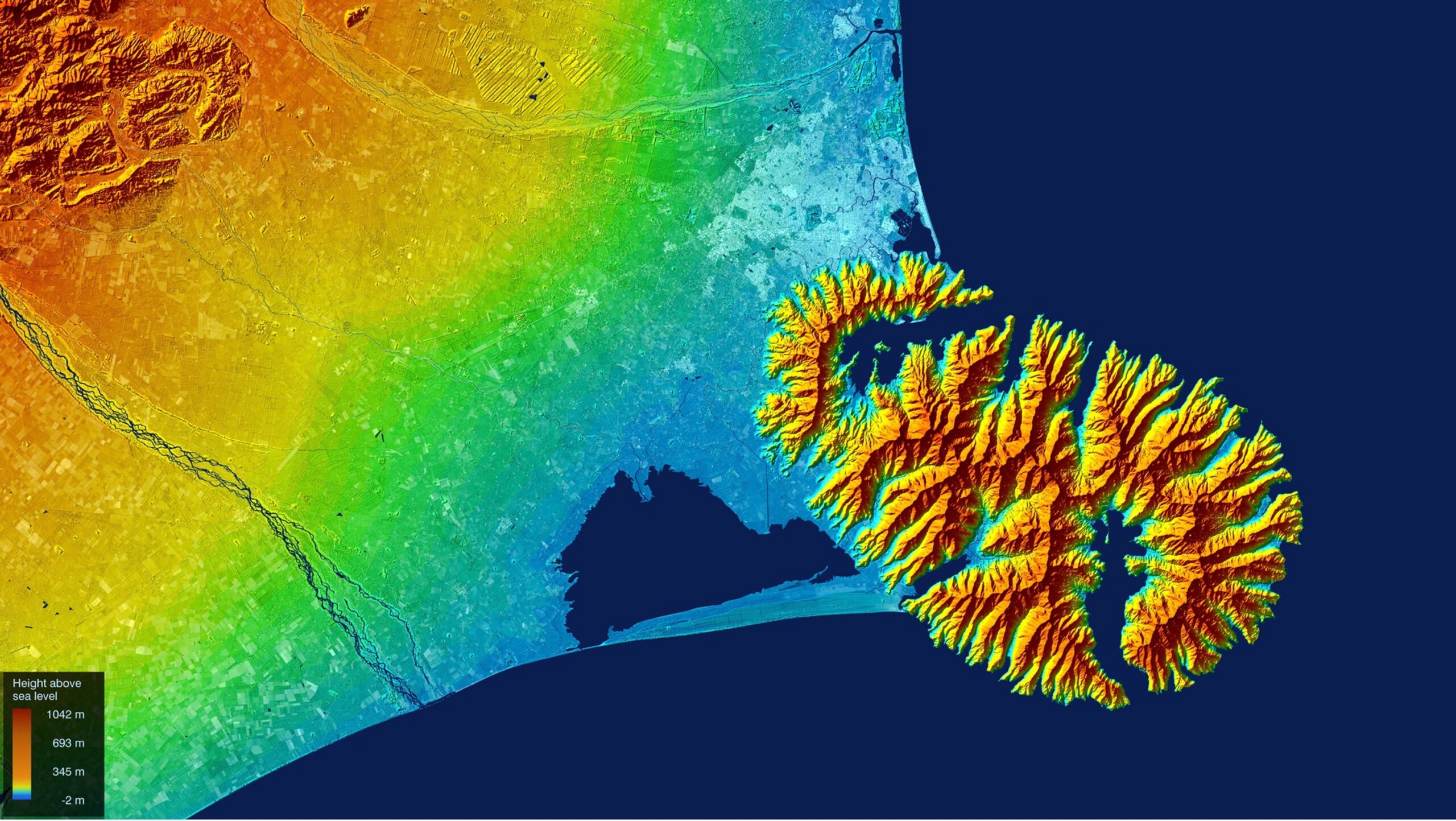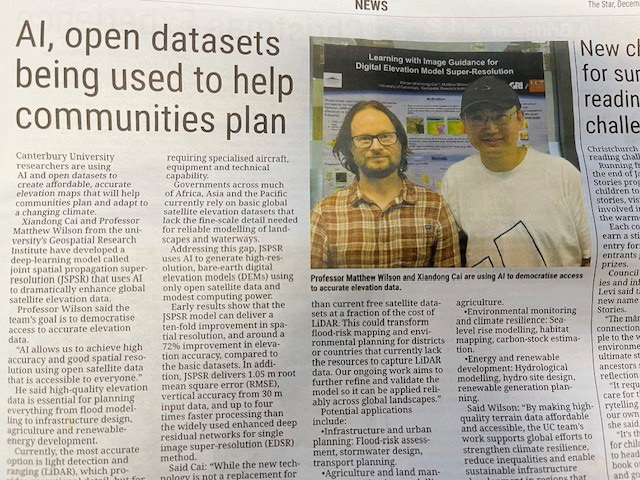Real time environmental sensors to improve health in the Sensing City
Research Team:
Dr Malcolm Campbell
Prof Simon Kingham
Dr Lukas Marek (University of Canterbury)
Dr Michael Epton
Dr Malina Storer (CDHB)
Duration
2016-2017
Aims
• To utilise real time environmental sensors to improve respiratory health in a Sensing City
• Demonstrate the benefits from inter-linking disparate or unlinked data sets in a respiratory health context
• Demonstrate the extent to which the Internet of Things is transforming healthcare
Project Summary
Based on pilot studies in Christchurch (NZ) and Gävle (Sweden), this project explored the question of whether real-time air-quality data can be used to direct sufferers of COPD to avoid locations where poor or declining air quality is likely to influence their symptoms adversely. We identified such places and patterns using the air-quality modelling in the study areas. However, as this was identified at the latter stages of the project, the crucial point of the research is the daily mobility of the selected cohort of volunteers (patients) was affected by the seriousness of their disease.
The project used data streamed from real-time air quality sensors (permanent and mobile) to assess and model air quality along with information on the location and use of medication (e.g. inhaler, antibiotics, corticosteroids) and symptoms to perform statistical analyses to draw out spatial correlations between air quality and medication use as well as symptoms. The mobility of individuals can significantly alter their exposure estimates, which was not previously known, with estimates showing two-fold differences in environmental exposure depending on whether mobility was accounted for or not.It could be possible to avoid ‘hot-spots’ of pollution; this would, of course, require a wide-spread on-going monitoring network at considerable cost and knowing where patients are within this network as frequently as possible. These models can be then used to inform policy formulation by health agencies to assist COPD patients into the future.
This project continues to have relevance as a unique pilot study which combines domain expertise (air quality, healthcare, geospatial) and it is the combination of the inter-linked datasets and research which makes it novel (and challenging to implement). The project is distinct given its collection of fine-grained spatio-temporal data, which means that we have also generated a data resource with unprecedented spatial and temporal granularity than has previously been available. The area of precision-driven health is of interest to the healthcare sector, especially the individual geospatial data collection relevant to a health condition or outcome.
Main Research Outcomes
Marek, L., Campbell, M., Epton, M., Kingham, S., and Storer, M. (2018). Winter Is Coming: A Socio-Environmental Monitoring and Spatiotemporal Modelling Approach for Better Understanding a Respiratory Disease. ISPRS Int. J. Geo-Information 7: 432.
Marek, L., Campbell, M., and Bui, L. (2017). Shaking for innovation: The (re)building of a (smart) city in a post disaster environment. Cities 63: 41–50.
Marek, L., Campbell, M., Epton, M., Storer, M., and Kingham, S. (2016). Real-time environmental sensors to improve health in the Sensing City. ISPRS – Int. Arch. Photogramm. Remote Sens. Spat. Inf. Sci. XLI-B2: 729–733.
Series of workshops in Wellington (NZ) and Gävle (SWE) titled “A Sensing City Project – helping to make a difference with respiratory patients, in the air tonight?”



